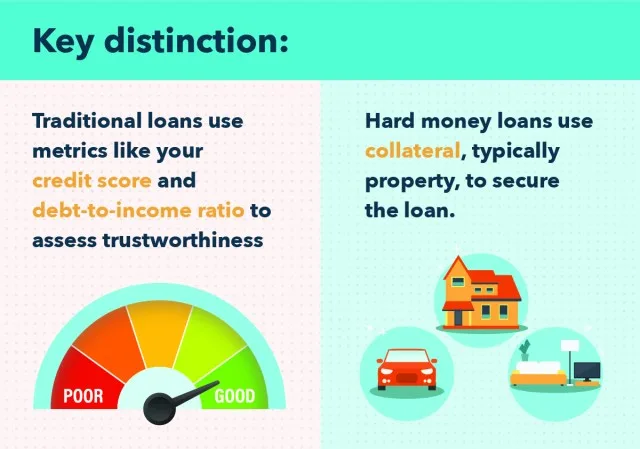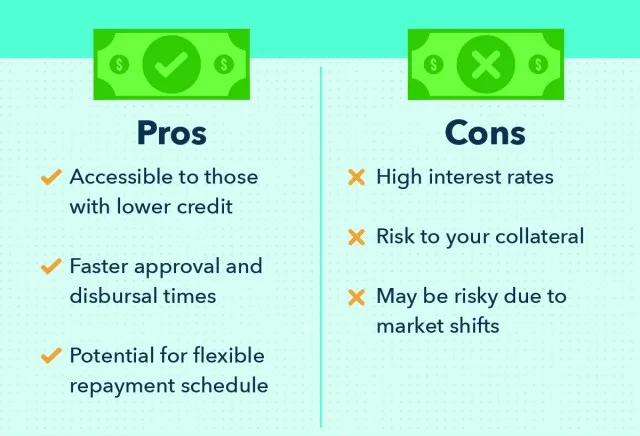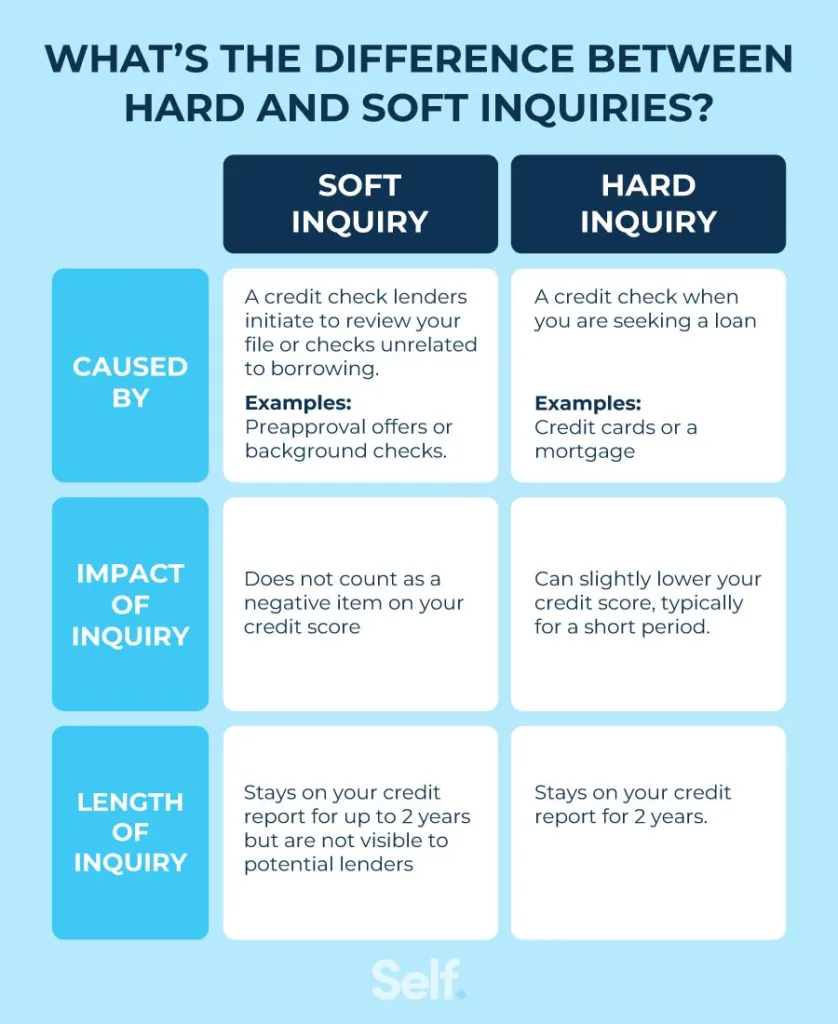In the world of real estate investing, hard money lenders are often sought after for their ability to provide quick and flexible financing options. However, one burning question on the minds of many borrowers is whether these lenders take credit scores into consideration when approving loans. The answer to this question can have a significant impact on an individual’s ability to secure funding for their investment projects. In this article, we will explore the role of credit scores in the decision-making process of hard money lenders and shed light on the key factors they do consider when assessing loan applications.

What are Hard Money Lenders?
Definition
Hard money lenders are private individuals or companies that provide borrowers with short-term loans secured by real estate. These loans are usually used for real estate investment purposes, such as house flipping or property rehabilitation. Unlike traditional lenders, hard money lenders do not focus on the borrower’s creditworthiness but rather prioritize the value of the collateral.
Loan Types
Hard money lenders offer different types of loans to meet the specific needs of borrowers. Some common loan types include:
-
Fix and Flip Loans: These loans are designed for real estate investors who purchase properties, renovate them, and then sell them quickly for a profit.
-
Bridge Loans: Bridge loans help borrowers bridge the gap between buying a new property and selling an existing one.
-
Construction Loans: Construction loans are used by borrowers to finance the construction or renovation of a property.
-
Land Loans: Land loans provide financing to purchase undeveloped land for future development.
Advantages
There are several advantages of working with hard money lenders:
-
Faster Loan Approval: Hard money lenders typically have a streamlined loan approval process, allowing borrowers to secure funds quickly, sometimes within days.
-
Flexible Terms: Hard money lenders often offer more flexible terms compared to traditional lenders. They can tailor loan terms based on the unique requirements of the borrower.
-
Collateral-Based Approach: Hard money lenders primarily focus on the value of the collateral rather than the borrower’s credit score. This makes it easier for borrowers with low credit scores to qualify for a loan.
-
No Prepayment Penalties: Many hard money lenders do not impose prepayment penalties, giving borrowers the flexibility to repay their loans early without any financial burden.
The Role of Credit Scores
Importance of Credit Scores
Credit scores play a significant role in the lending industry. They are used by traditional lenders, such as banks and credit unions, to assess a borrower’s creditworthiness. A credit score is a numerical representation of an individual’s credit history and helps lenders determine the level of risk associated with lending to them.
Traditional Lenders vs. Hard Money Lenders
Traditional lenders heavily rely on credit scores when making lending decisions. They often have strict credit score requirements, making it challenging for borrowers with low credit scores to qualify for loans. On the other hand, hard money lenders prioritize the value of the collateral rather than the borrower’s credit score. This makes hard money loans a viable option for individuals with less-than-perfect credit who have valuable collateral.
Focus on Collateral
Hard money lenders primarily focus on the collateral provided by the borrower. The collateral acts as security for the loan, and in the event of default, the lender can recoup their investment by selling the property. The value and quality of the collateral are crucial factors considered by hard money lenders when evaluating a loan application.
Factors Considered by Hard Money Lenders
Property Value and Equity
One of the key factors that hard money lenders consider is the value of the property being used as collateral. The property must have sufficient value to cover the loan amount in case of default. Hard money lenders often lend up to a certain percentage of the property’s value, known as the Loan to Value (LTV) ratio. The lower the LTV ratio, the less risk for the lender.
In addition to property value, hard money lenders also consider the borrower’s equity in the property. The more equity a borrower has, the more confident the lender is in the borrower’s commitment to the loan and the property.
Borrower’s Experience
Hard money lenders also consider the borrower’s experience and track record in real estate investment. They look for borrowers who have successfully completed similar projects in the past or have relevant experience in the industry. Borrowers with a successful track record demonstrate their ability to manage real estate projects effectively, which increases their chances of loan approval.
Exit Strategy
Hard money lenders assess the borrower’s exit strategy for repaying the loan. They want to ensure that the borrower has a well-defined plan to sell or refinance the property within the loan term. The exit strategy provides assurance to the lender that the borrower can meet their financial obligations and repay the loan in a timely manner.
Credit Scores: A Secondary Consideration
Why Credit Score is Secondary
Unlike traditional lenders, hard money lenders consider credit scores as a secondary consideration. While credit scores may be reviewed, they are not the determining factor for loan approval. Hard money lenders focus primarily on the value of the collateral and the borrower’s ability to repay the loan through an exit strategy. This approach allows borrowers with low credit scores to still have access to financing.
Exceptions to the Rule
Although credit scores are considered secondary by hard money lenders, there are still exceptions to the rule. In some cases, a very low credit score may result in a loan denial. However, it is important to note that each hard money lender has its own criteria, and some may be more flexible than others. It is advisable to research and find lenders who specialize in working with borrowers with low credit scores.
Alternative Measures of Creditworthiness
Hard money lenders often rely on alternative measures of creditworthiness when considering loan applications. Some of these alternative measures include:
Asset-Based Lending
Asset-based lending involves evaluating the value and quality of the collateral provided by the borrower. If the collateral is valuable and has sufficient equity, the lender may be more inclined to approve the loan, regardless of the borrower’s credit score.
Proof of Funds
Proof of funds refers to the borrower’s ability to demonstrate their ability to make the required down payment and cover any additional costs associated with the loan. Hard money lenders may require borrowers to provide proof of funds, such as bank statements or investment account balances, to assess their financial stability.
References and Reputation
Hard money lenders may consider references and reputation as indicators of the borrower’s character and reliability. Positive references from previous lenders, contractors, or partners can boost the borrower’s credibility, even if their credit score is below par.

Why Some Hard Money Lenders Still Check Credit Scores?
Risk Assessment
While hard money lenders primarily focus on collateral and other factors, some lenders still consider credit scores as part of their risk assessment process. They understand that credit scores can provide insights into a borrower’s financial responsibility and history of repayments. It allows them to assess the borrower’s overall financial situation and make an informed lending decision.
Interest Rates and Terms
Credit scores can influence the interest rates and terms offered by hard money lenders. Lenders may adjust the interest rate or require stricter repayment terms for borrowers with lower credit scores. This is because lower credit scores indicate a higher risk for the lender, and they may compensate for this increased risk by offering less favorable terms.
Investor Requirements
Some hard money lenders work closely with investors who provide the funds for the loans. These investors may have their own requirements, including a minimum credit score threshold. In such cases, the lender needs to consider the investor’s preferences and adhere to their guidelines.
Finding Hard Money Lenders
Online Directories
One way to find hard money lenders is through online directories specifically designed for real estate investors. These directories provide comprehensive lists of hard money lenders, along with their contact information and lending criteria. Investors can easily search for lenders in their desired location and filter based on loan types and terms.
Real Estate Networking Events
Attending real estate networking events is another effective way to connect with hard money lenders. These events bring together real estate professionals, including lenders, borrowers, and investors. By networking and building relationships, investors can identify potential hard money lenders who may be interested in their projects.
Consulting with a Mortgage Broker
Working with a mortgage broker can simplify the process of finding hard money lenders. Mortgage brokers have connections in the lending industry and can match borrowers with appropriate lenders based on their specific needs and financial situation. They can also provide guidance and advice throughout the loan application process.

Tips for Borrowers with Low Credit Scores
Work on Improving Credit Score
While hard money lenders focus less on credit scores, it is still beneficial for borrowers to work on improving their credit score. This can be done by consistently making on-time payments, reducing debt, and addressing any errors or discrepancies on their credit report. Improving credit scores can increase the chances of qualifying for favorable loan terms and improve overall financial health.
Offer Additional Collateral
Borrowers with low credit scores can strengthen their loan application by offering additional collateral. This can include other properties, vehicles, or valuable assets that can serve as supplementary security for the loan. The more collateral a borrower can provide, the more likely they are to secure a hard money loan.
Seek Assistance from a Partner
If a borrower has a low credit score but has a business partner or co-investor with a strong credit profile, they can consider seeking assistance. The partner with a good credit score may become a co-borrower or guarantee the loan, increasing the chances of loan approval.
Conclusion
Hard money lenders offer a unique financing option for real estate investors, particularly those with low credit scores. These lenders prioritize collateral and various other factors over credit scores, enabling borrowers to access funding for their real estate projects. While credit scores may still play a role in some cases, borrowers with less-than-perfect credit can explore alternative measures of creditworthiness and take proactive steps to improve their chances of loan approval. It is essential for borrowers to research and connect with reputable hard money lenders who can provide the necessary funding and support for their real estate ventures.




